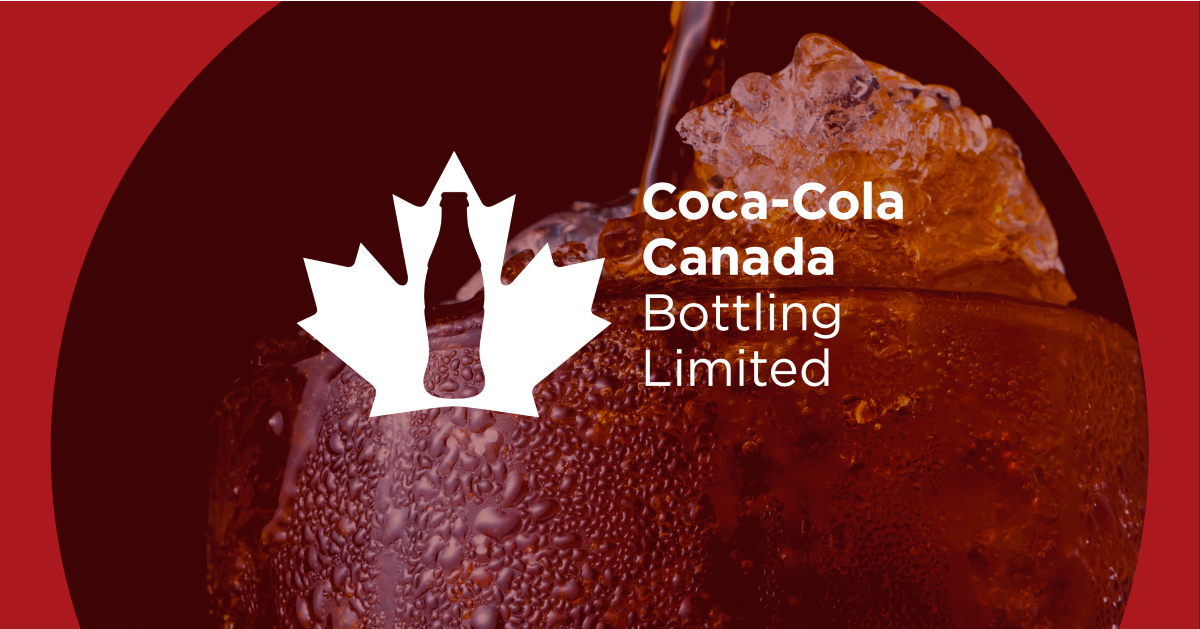Summary / TL;DR
Coca-Cola Canada Bottling used the Synthetic Society™ by Arima and mobility data to optimize where they place vending machines across the country. By combining first-party data with hyper-granular synthetic consumer profiles, Coca-Cola increased their chances of selecting a high-performing location and significantly boosted revenue per machine.
Challenge
How do you decide where a vending machine should go? For Coca-Cola Canada Bottling, with 25+ brands, 50 facilities, 5,700 staff, and millions of daily customer touchpoints , vending machines represent only 1% of revenue. Still, they're the most profitable and fully controlled channel they operate.
The obstacle? Choosing the right location is a high-stakes "Pick or No Pick" decision.
Coca-Cola needed answers to three core questions:
- Who is actually near the machine? Not just passersby, real potential customers.
- What do these customers look like behaviorally and demographically?
- Can we predict which locations will deliver the highest ROI?
Traditional methods weren't granular enough. They required deeper behavioral insight at the local level, and at scale.

Solution
Coca-Cola partnered with Arima to fuse their vending machine data with Synthetic Society™, Arima's privacy-first dataset with 25,000+ consumer attributes across 38 million Canadians. (The platform also covers 260 million Americans, though this project focused on Canada.)
They required three things, all of which Arima delivered:
- Granular Mobility Data Identify actual customers near vending machines by geography and time, not just foot traffic.
2. Full Compatibility with Synthetic Society™ So Coca-Cola could create accurate consumer profiles for each machine and each visit.
3. Statistically Significant Sample Sizes Across millions of Canadians, thousands of variables, and 850,000+ postal codes. Together, Coca-Cola and Arima's analytics team built predictive models to determine which locations would perform best and why.
Along the way, what stood out most was the collaboration.

"This really feels like a partnership; Arima offers a level of service you don't get with other vendors." - Nikita Medvedev, Director of Advanced Analytics, Coca-Cola
Result
Using Synthetic Society™ + predictive modeling, Coca-Cola dramatically improved how they select and place vending machines:
23% More Likely to Pick a Winning Location
Before using Arima, Coca-Cola had a 45% chance of choosing a vending machine location that would perform well.
After using Synthetic Society™ and predictive modeling, that probability jumped to 68%.
43% More Revenue per Machine
Locations selected by the model generated 43% more sales on average.
+76% Higher Sales Index vs. Traditional Selection
When comparing model-chosen locations to the ones selected manually or using older methods, the model's picks had a 76% higher sales index.
Coca-Cola Canada Bottling used the more accurate consumer and mobility data to drive efficient placement of vending machines, which in turn, led to higher revenue from relocating existing placements and adding new vending machines.
Key Takeaways:
- Smarter Site Selection: Using Synthetic Society™, Coca-Cola increased its chances of choosing a high-performing vending location from 45% to 68%.
- Higher Sales per Machine: Model-selected locations generated 43% more revenue on average compared to traditional selections.
- Better Than Manual Decisions: Locations chosen using Arima's predictive model delivered a 76% higher sales index than those picked without it.
- Deeper Consumer Understanding: Synthetic Society™ provided rich profiles powered by 25,000+ consumer attributes across 38M Canadians (with U.S. coverage also available).
- Privacy-First Intelligence: Coca-Cola combined its first-party data with synthetic consumer and mobility data to make more accurate, scalable, and confident location decisions.
Seeing is Believing
Whether you're choosing locations, optimizing media, or validating new product ideas, Arima gives you the clarity to act. Schedule a demo to explore what's possible.





